Do you collect sensitive user information such as names or email addresses from your customers or employees on your website? If you do, you may already be familiar with automatically encrypting information that passes through your site by enabling secure socket layers (SSL). The security of a website is visible in its URL; URLs beginning with HTTPS (not HTTP) indicate that SSL is enabled and the transfer of sensitive information is safe and secure.
Having an SSL certificate instills trust and shows that your website follows Internet best practices. If these steps are not taken, some search engines—such as Google Chrome—will actually display a security warning on non-HTTPS sites. Yikes! Obviously, this could have a negative impact by discouraging leads from submitting information on your site via contact forms, newsletter sign-ups or account creation, and may make customers second-guess your commitment to security—or even authenticity.
Here are a few helpful tips to get your site SSL-certified:
Host your website with a dedicated IP address:
SSL requires that your site has a dedicated IP address. Some hosting plans group websites together on a shared IP address. A dedicated IP address means that the traffic is going to your site alone.
Purchase an SSL certificate:
An SSL certificate is a purchased asset that signifies your website is secure by encrypting all information that passes through it. It can be purchased through your hosting provider and will need to be renewed annually.
Activate and install your SSL certificate and update your website:
This step may be handled by your hosting provider and may take a few days to process. If you’re unfamiliar with the ins and outs of your site’s backend, we recommend working with a professional to ensure everything runs smoothly. Elements can help you with this!
If you have any questions or would like Elements to manage the process of enabling your website’s SSL, please give us a call at 203-776-1323.




